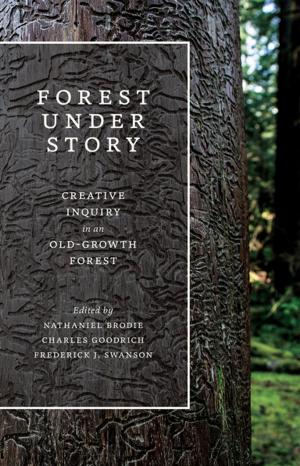DDT, Silent Spring, and the Rise of Environmentalism
Classic Texts
Nonfiction, Science & Nature, Technology, Agriculture & Animal Husbandry, Science, Biological Sciences, Environmental Science, Business & Finance| Author: | Thomas Dunlap | ISBN: | 9780295998954 |
| Publisher: | University of Washington Press | Publication: | August 24, 2017 |
| Imprint: | University of Washington Press | Language: | English |
| Author: | Thomas Dunlap |
| ISBN: | 9780295998954 |
| Publisher: | University of Washington Press |
| Publication: | August 24, 2017 |
| Imprint: | University of Washington Press |
| Language: | English |
No single event played a greater role in the birth of modern environmentalism than the publication of Rachel Carson's Silent Spring and its assault on insecticides. The documents collected by Thomas Dunlap trace shifting attitudes toward DDT and pesticides in general through a variety of sources: excerpts from scientific studies and government reports, advertisements from industry journals, articles from popular magazines, and the famous �Fable for Tomorrow� from Silent Spring.
Beginning with attitudes toward nature at the turn of the twentieth century, the book moves through the use and early regulation of pesticides; the introduction and early success of DDT; the discovery of its environmental effects; and the uproar over Silent Spring. It ends with recent debates about DDT as a potential solution to malaria in Africa.
No single event played a greater role in the birth of modern environmentalism than the publication of Rachel Carson's Silent Spring and its assault on insecticides. The documents collected by Thomas Dunlap trace shifting attitudes toward DDT and pesticides in general through a variety of sources: excerpts from scientific studies and government reports, advertisements from industry journals, articles from popular magazines, and the famous �Fable for Tomorrow� from Silent Spring.
Beginning with attitudes toward nature at the turn of the twentieth century, the book moves through the use and early regulation of pesticides; the introduction and early success of DDT; the discovery of its environmental effects; and the uproar over Silent Spring. It ends with recent debates about DDT as a potential solution to malaria in Africa.















